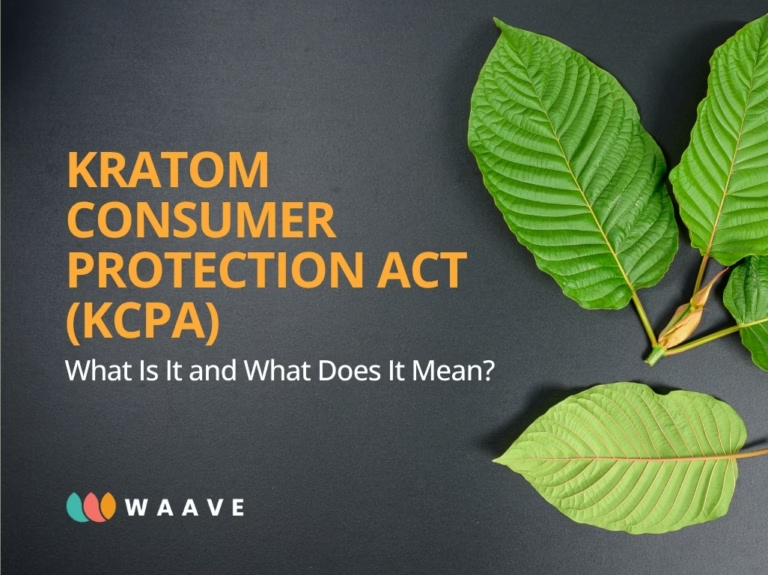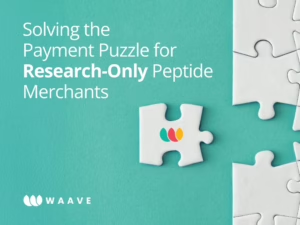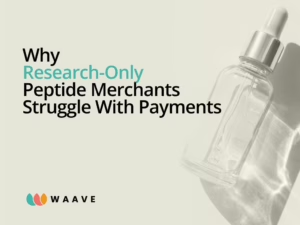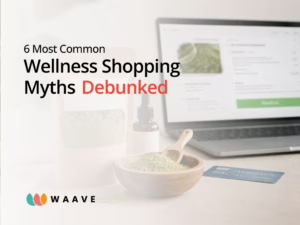Kratom has become a widely discussed botanical in the wellness space, but its legal status is not always clear. Some states have banned it outright, while others are moving toward regulation. One of the most important pieces of legislation shaping this future is the Kratom Consumer Protection Act (KCPA).
What Is the Kratom Consumer Protection Act?
The Kratom Consumer Protection Act, often called the KCPA, is a state-level law that regulates the production, sale, and labeling of kratom products. Instead of banning kratom, the Act sets standards that ensure consumers get safe, accurately labeled, and unadulterated products.
The KCPA is strongly supported by the American Kratom Association (AKA), an advocacy group that pushes for responsible regulation. Their position is clear: banning kratom only drives the market underground, while laws like the KCPA protect both consumers and responsible businesses.
Why Was the KCPA Created?
The KCPA was designed to address common problems in the kratom marketplace:
- Contamination – preventing harmful additives like heavy metals or salmonella.
- Adulteration – stopping the mixing of kratom with synthetic substances.
- Mislabeling – ensuring accurate information about contents and serving sizes.
- Youth access – prohibiting sales to minors.
By tackling these issues, the KCPA creates a safer environment for both buyers and sellers.
What Does the KCPA Typically Require?
Though exact details vary by state, most versions of the KCPA include:
- Age Restrictions – limiting sales to adults (18+ or 21+).
- Labeling Standards – requiring clear ingredient lists, disclaimers, and serving guidelines.
- Testing Requirements – mandating lab testing for contaminants and adulterants.
- Packaging Rules – safe storage and accurate presentation.
- Business Oversight – enforcing registration or licensing for sellers.
Real-World Example: Rhode Island’s KCPA
In 2025, Rhode Island passed S0792, a landmark law that reversed the state’s kratom ban and replaced it with regulated oversight under the KCPA framework.
This makes Rhode Island the first state to formally shift from prohibition to a regulatory approach. It shows that legislators recognize the importance of consumer safety without stripping adults of their freedom to choose kratom.
What Does the KCPA Mean for Consumers?
For consumers, the KCPA means greater peace of mind:
- Safer products tested for quality.
- Clear labeling for informed use.
- Legal purchases without fear of breaking state law.
What Does the KCPA Mean for Businesses?
For businesses, the KCPA is both a challenge and an opportunity:
- Challenge – Companies must meet strict testing and labeling requirements.
- Opportunity – Compliance creates trust, transparency, and a more stable market.
Why the KCPA Matters
The KCPA is more than a law—it’s a compromise that balances safety with access. It gives consumers confidence, helps businesses build legitimacy, and keeps kratom from being pushed into prohibition. With the support of groups like the American Kratom Association, more states are expected to consider similar legislation.
At WAAVE, we follow and apply these laws to make sure every transaction is legal and safe. We support initiatives like the KCPA because they offer a clear path forward—ensuring kratom remains available without risking a complete ban.






